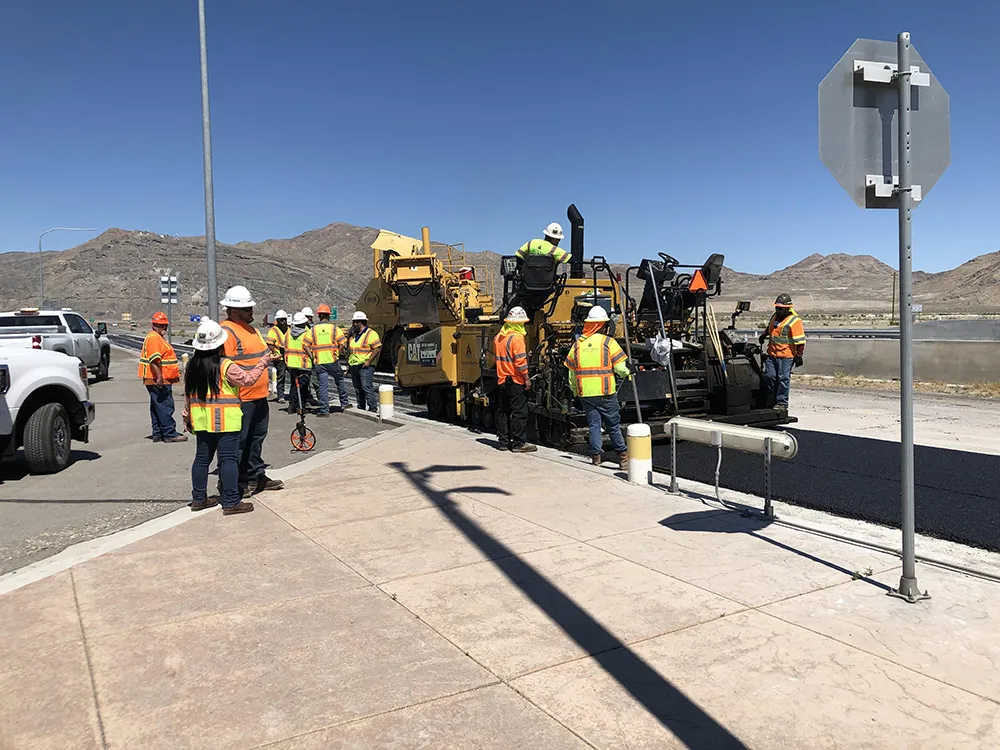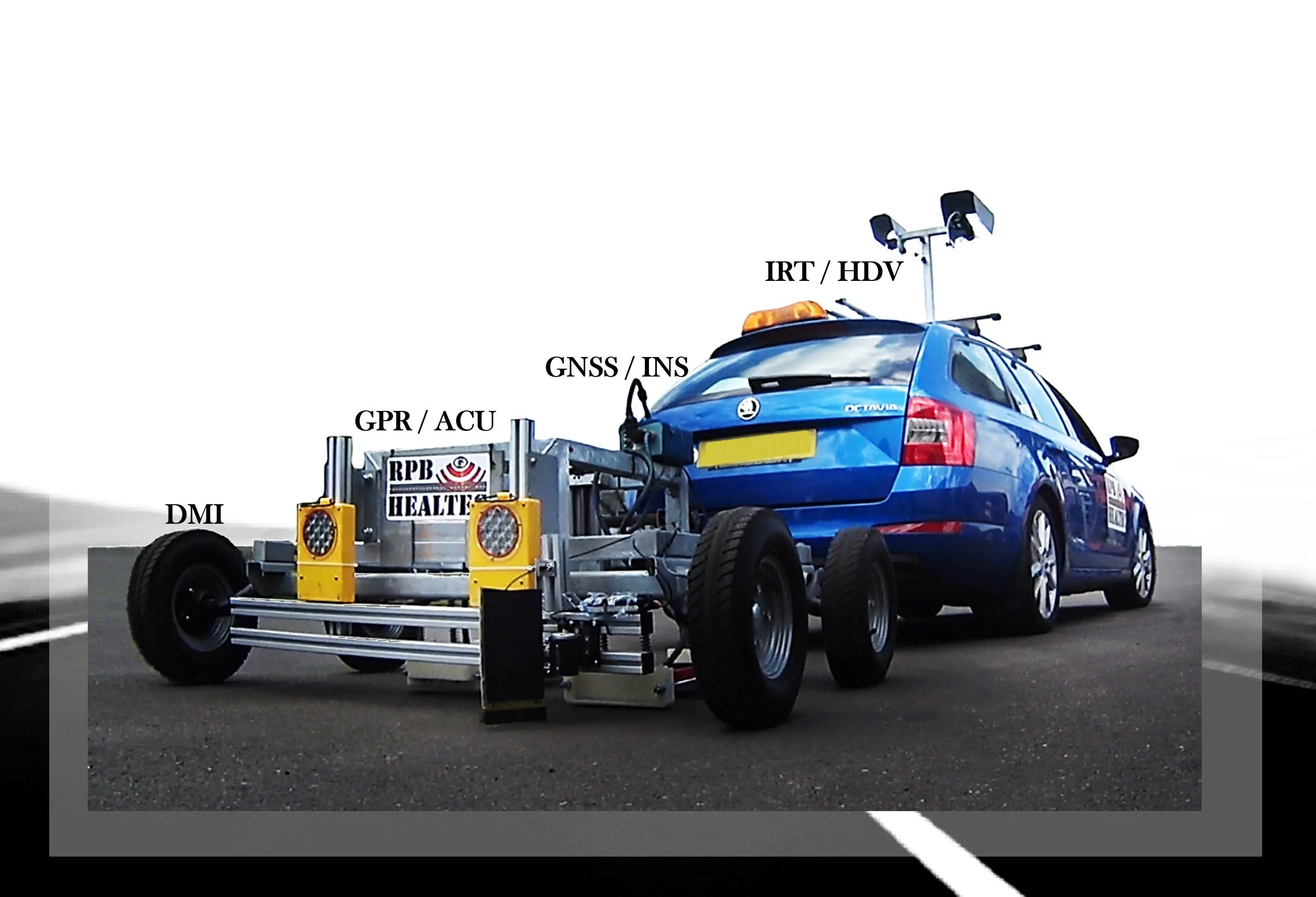International Road Dynamics (IRD) has been awarded a contract for "weigh-in-motion (WIM) systems maintenance and data services" by the US Department of Transportation, Federal Highway Administration (FHWA).
March 1, 2012
Read time: 2 mins
WIM sites maintained under this agreement provide high accuracy traffic and load data. Additionally, IRD camera systems will be deployed at select WIM locations which will cross-link vehicle images to corresponding vehicle records and enhance overall data collection.
The primary goal of the LTPP programme is to understand how and why pavements perform as they do in order to provide data and products that extend pavement life at a reasonable cost. Given the strong national interest in analysing the pavement performance data collected at the SPS sites, the FHWA established a national pooled fund study to increase the quantity and improve the quality of traffic data needed to support analysis projects.
The FHWA Office of Infrastructure Research and Development administers the Nation's LTPP program in cooperation with the
"We have been working directly with FHWA on LTPP installations and maintenance since 2004," commented Terry Bergan, IRD president and CEO. "We are looking forward to extending our long term, successful relationship and consider this a very significant project for IRD as a nation-wide, multi-year, traffic data services provider."









